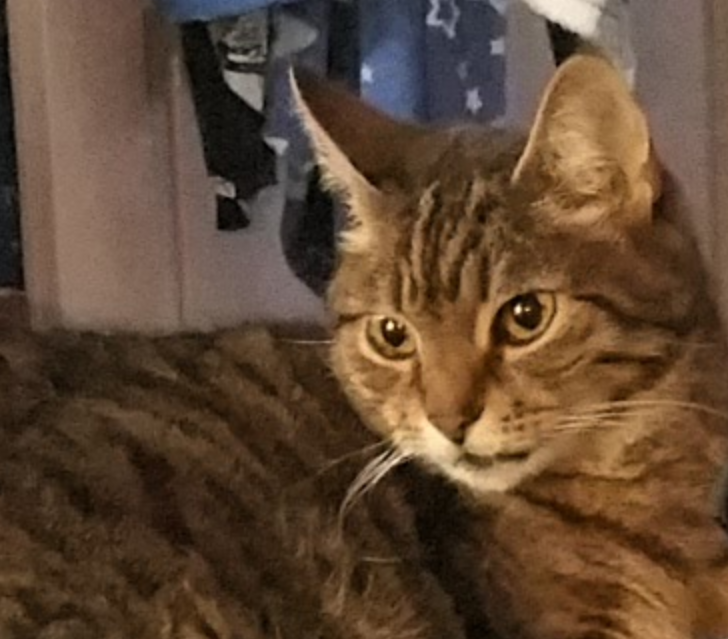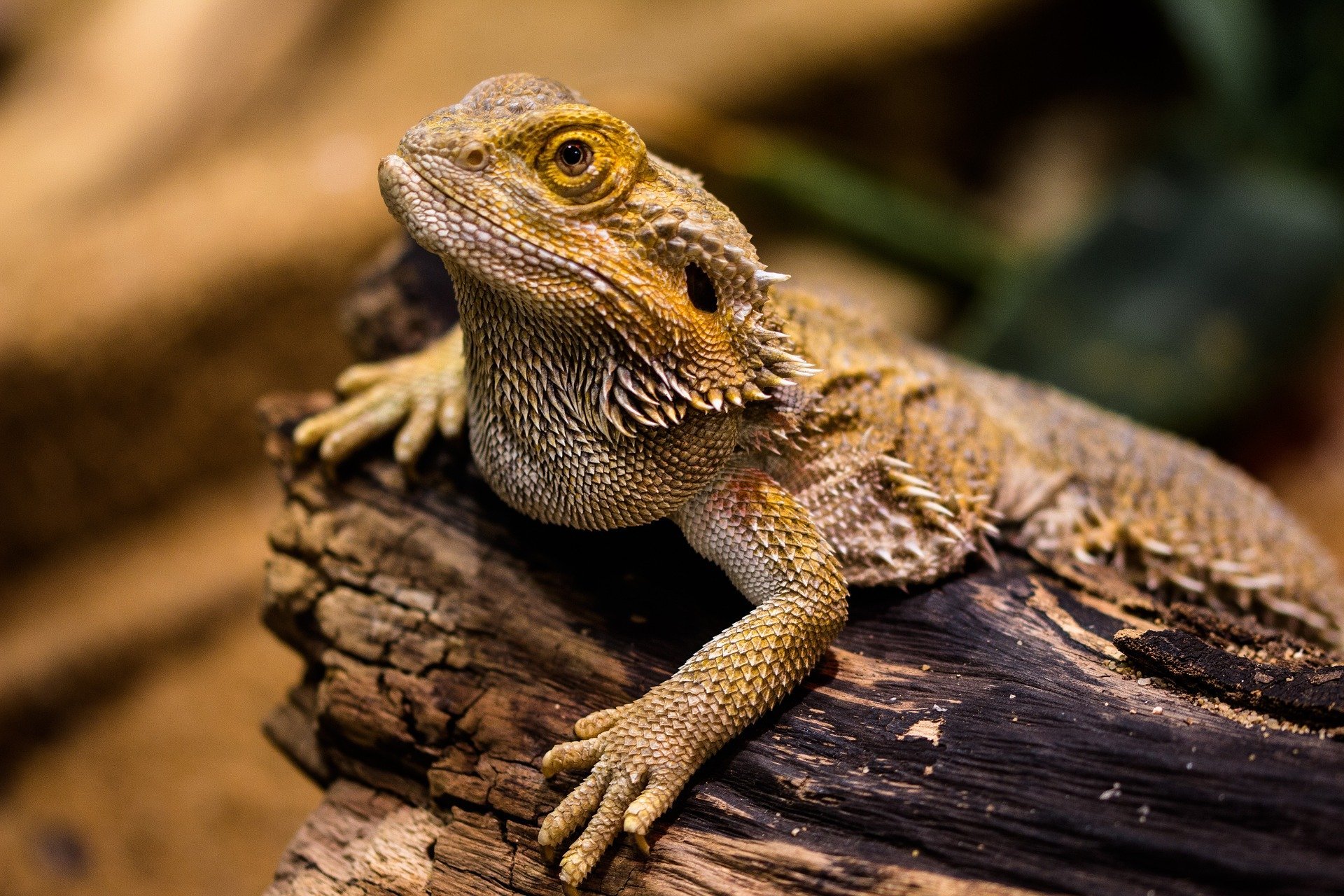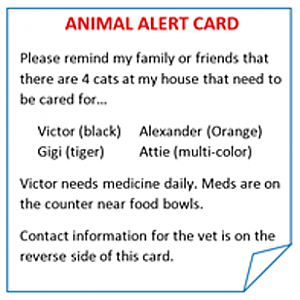Who will care for Gigi?

We call them our pets, our fur babies. We play with them. We take them to the vet when they are sick. We buy them special food (not only because they may have special dietary needs, but because they are finicky and we want to please them). We buy them toys and catnip and places to climb on. We love them. We all want our animals to be cared for and loved when we die. We certainly don’t want them to go into a shelter where they might be euthanized. What is a loving animal-guardian to do? When Naomi and I were writing our wills, we had a discussion about what would happen to our animals if we should become seriously ill or die. We currently have living with us three older cats.
Although we have friends and family who could come into our home and feed them and change the kitty litter for a short time, when the time comes, none be may able to care for elderly, needy cats in the long run. What would happen if we had other animals; dogs, turtles, snakes, reptiles, or fish?

When planning for the future well-being of your pets, consider the following:
- In what kind of environment do they currently live or would they thrive?
- Do they need a lot of space to run around or are they “couch-potatoes,” only needing a soft sofa to lie on?
- Are they people-pets who need a lot of people time, energy, and interaction or are they more self-sufficient, requiring only to be fed and have their basic needs attended to?
- Is your animal young, middle-aged, or elderly?
- How is your pet’s health? Does he/she only need his/her annual shots and monthly flea or heart-worm medicine or does he/she frequent trips to the vet? Does he/she require special food or medicine?
If you have discussed having a friend or family member assume responsibility for your animal(s) when you die, does he/she/they have the space required to house your animal(s)? Does he/she/they have the time to take your dog on a long morning walk? Will he/she/they be squeamish about having to feed your snake either frozen-thawed or live mice?
Are there children or other animals in the new house? How will your pet get along with those living in the new space?
Animals can be expensive to care for, especially if they have special needs or are elderly. Pets are (legally) seen as property, so you cannot leave money directly to your pet(s) in your will. What you can do is to choose a pet-guardian for your furry friend and discuss the needs of your pet. If the chosen guardian is willing to assume the responsibility of caring for your pet(s) until the end of its life, you can set up a trust with your attorney so that the chosen guardian has the funds to provide for your pet in the way to which they have been accustomed.
Remember to include instructions about the care of your fur-child. This document should be updated whenever there is a change in your fur-family.

Thinking about the future of your pets should not just be done with your death in mind. What would happen if you were to be injured in some way and are brought to the emergency department of your local hospital and are unable to communicate? Perhaps carrying a simple card like the one above would put your mind at ease and provide care for your pets.
